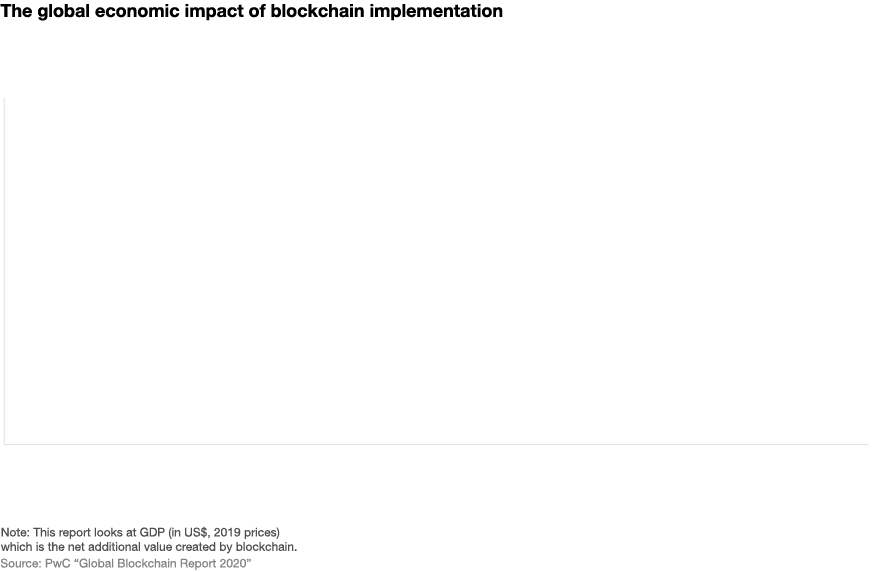Crypto blockchain
Crypto blockchain focuses on the implementation of blockchain in finance-related sectors, e.g. financial services, capital markets and insurance companies. In this area, PwC offers a wide range of services such as the implementation of digital currencies (CBDC), ICO advisory services, crypto audit and crypto taxation, blockchain risk management and many more.
Blockchain is relevant to multiple areas along the financial services value chain, e.g. trade finance, know your customer, peer-to-peer payments, information security, crypto custody, anti-money laundering and many more. PwC has profound expertise in dealing with legal and regulatory topics relating to banking law, securities law, the regulation of payment services and investment law.














